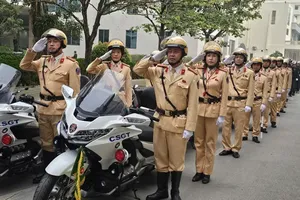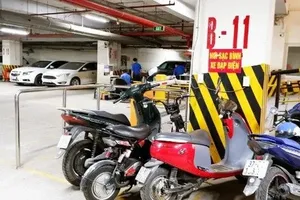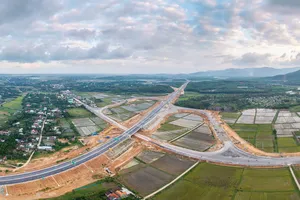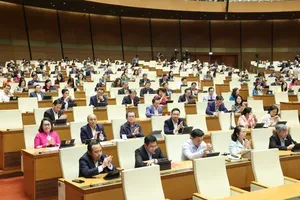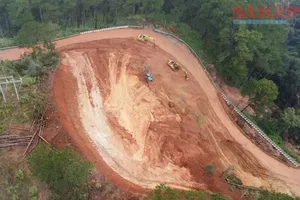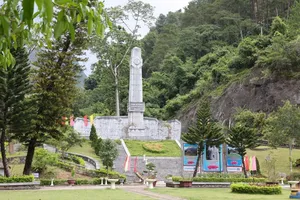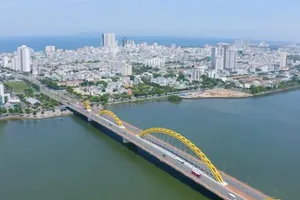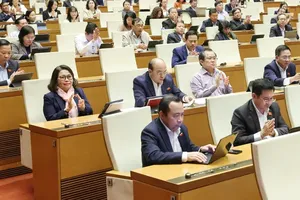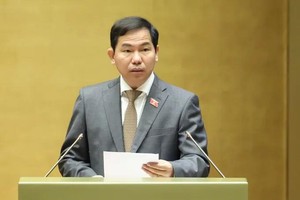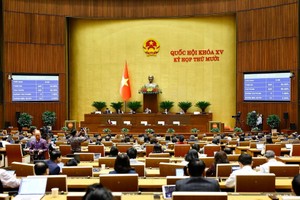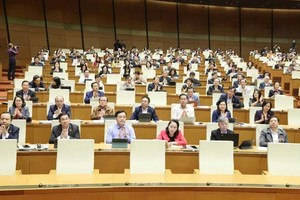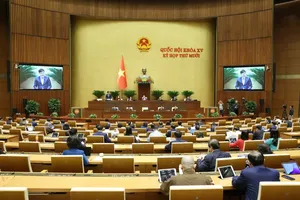Ho Chi Minh City needs to reduce construction of fixed works in low lying areas--so as to contain and regulate floodwater--and also ban exploitation of underground water to limit depression that has contributed to increase in flooding in several parts of the City.
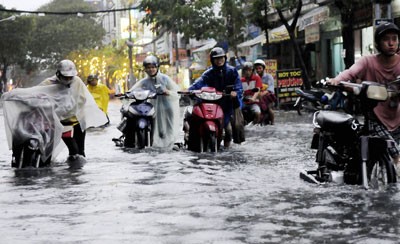
This was stated by Professor Tran Thuc, Head of Vietnam Institute of Meteorology, Hydrology and Environment under the Ministry of Natural Resources and Environment in an interview with Saigon Giai Phong Newspaper.
According to Professor Thuc, 141 wards in various districts of Ho Chi Minh City are facing regular flooding, which has been caused by not only rising sea levels but also land depression.
A climate change scenario announced recently by the Ministry shows that HCMC and the Mekong Delta is located only 1.5-2m higher than sea level.
If temperatures increase by 2-3 degrees celsius in the next century, 40 percent of the Mekong Delta will be under water and the number of wards suffering flooding will far exceed 141 in HCMC.
If sea levels rise by one meter, 20 percent of the City area will be submerged, with other factors like high tide, heavy rain and rapid economic development also contributing.
On the other hand, quick urbanization in HCMC has put more pressure on the weak terrain leading to depression.
Professor Thuc said that there has been no study to determine the sunken level in the City. However, it can be seen through the rising level of house foundations in residential areas.
Several households in Districts Binh Chanh, 8 and 6 have heightened their foundations 4-6 times during 1975-2012. The space between old and new foundations is about 0.5m.
Excessive exploitation of underground water has weakened the terrain making the infrastructure sink faster. Environmental impacts have not fully been estimated before construction is done in the low lying areas.
HCMC has conducted several measures to cope with and prevent flooding like Nhieu Loc-Thi Nghe and Tau Hu-Ben Nghe cleanup projects. The city has also fortified the dyke system around the City.
However other necessary measures should be implemented. For instance, authorities should reduce construction in low lying areas, contain and regulate water, and ban exploitation of underground water.
Besides, they should step up propaganda for the community to join in operations to cope with climate change.


